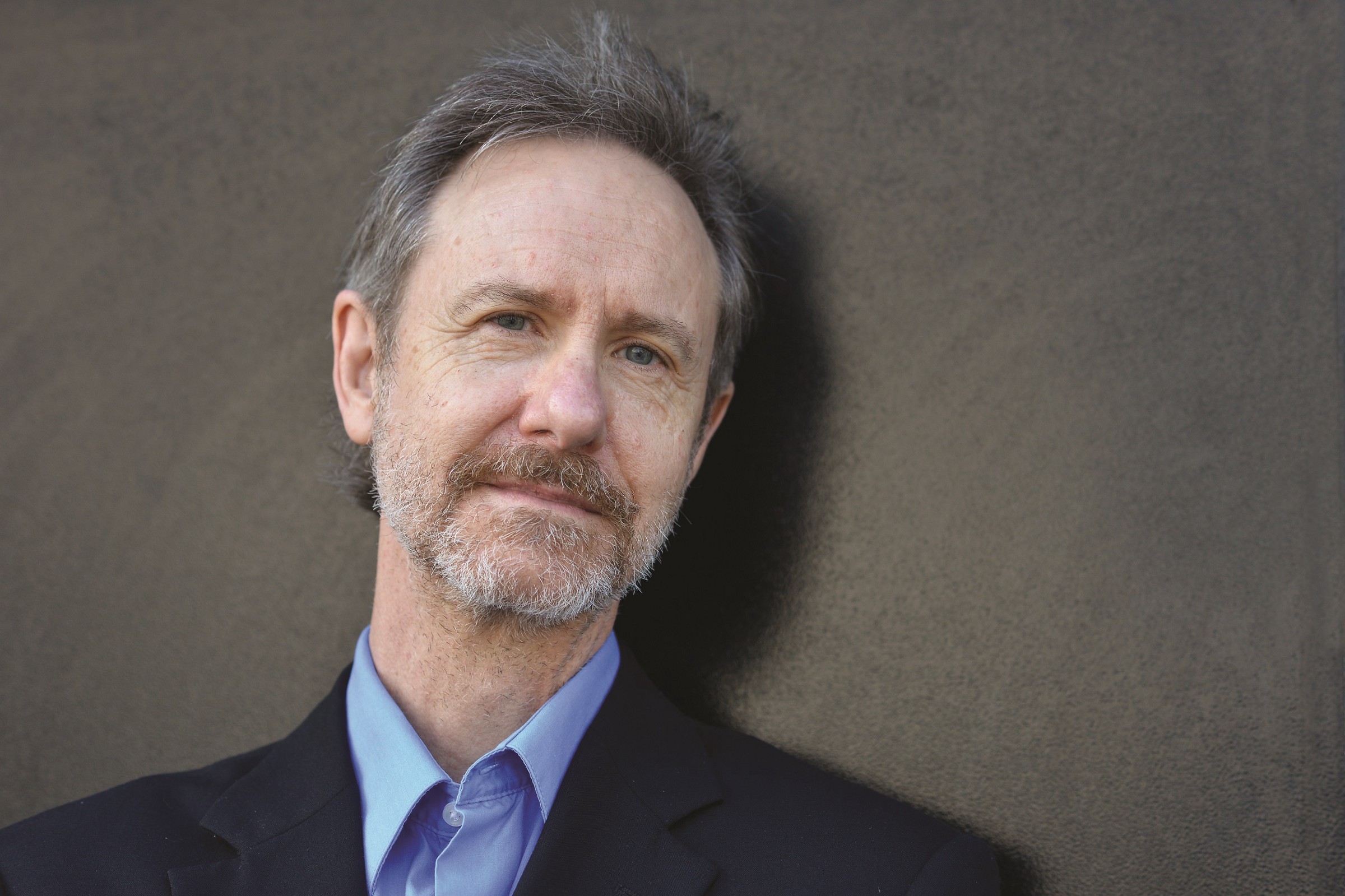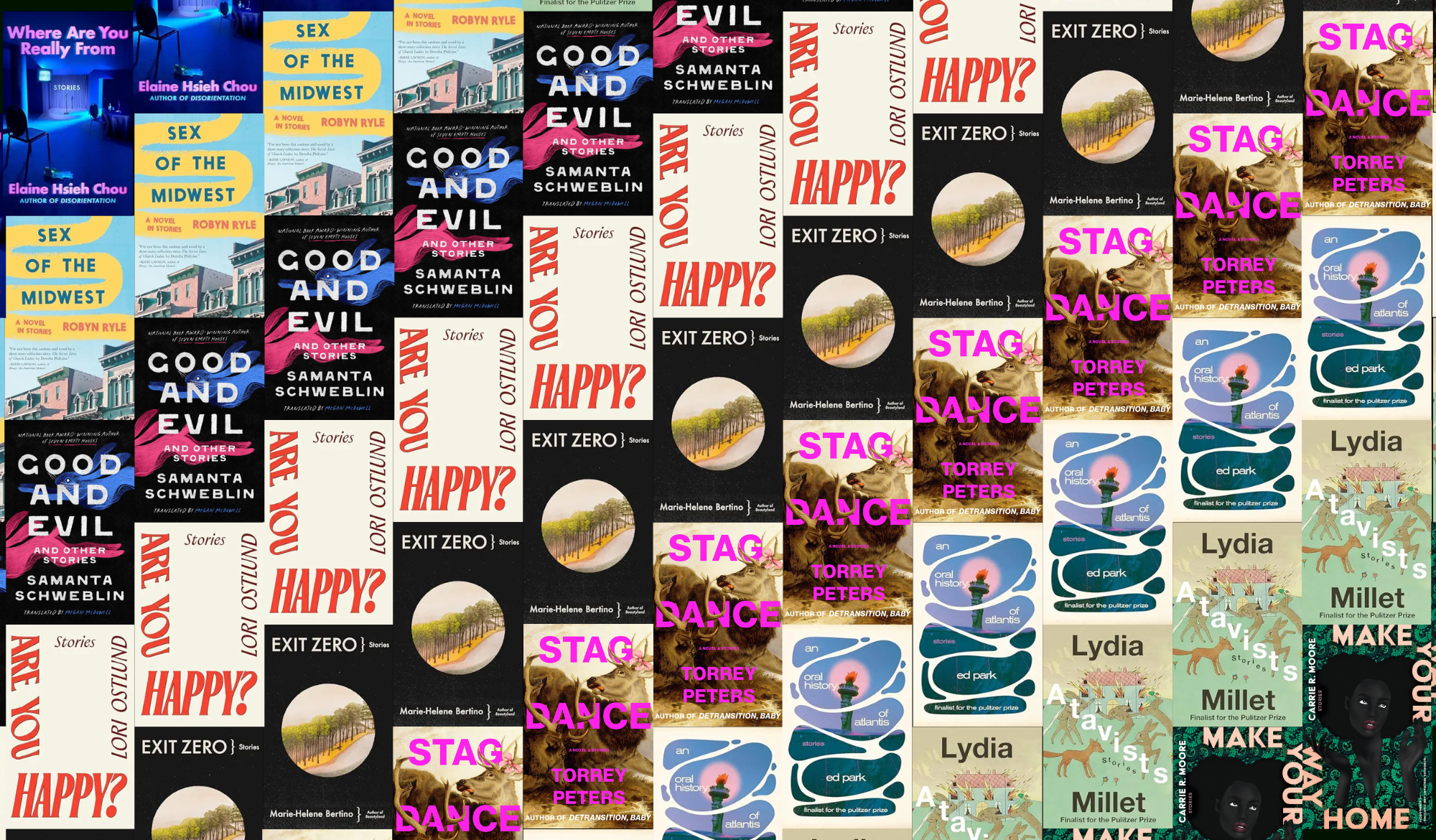Books & Culture
The Black Bloom of Violability: The Sleep of the Righteous by Wolfgang Hilbig

The Sleep of the Righteous is the tale of an East German boy who lives in desolation. His village is dilapidated, crumbling on the edge of a former concentration camp; his summers scorch with draught; his mother never utters his name, but refers to him as “child.” His 1950s boyhood is populated by widows whose Nazi husbands never returned from Stalingrad, by the remaining elderly, and by his peers born in the early 1940s, who sense themselves trapped as endless little children. As the boy confides, “There were no fathers there to make still littler children.”
Wolfgang Hilbig, author of The Sleep of the Righteous and 2002 winner of Germany’s highest literary Büchner Prize, is well-acquainted with the punishing years after World War II. Born in 1941, Hilbig also grew up in East Germany, in a small town called Meuselwitz that functioned as a satellite of Buchenwald concentration camp. His father never came back from the Russian front. Hilbig’s formative years were spent under Communist rule — the “half-baked peace,” as he puts it, that encrusted his community when the Soviets took control. In The Sleep of the Righteous, newly translated into English by Isabel Fargo Cole, Hilbig investigates how a nation’s history wraps its tendrils around the mind of an individual.
The first layer of the novel is the personal story of the boy narrator rises up from the landscape of his village. He recounts a hellish hole of a town dominated by coalmines and heat. The town’s main strip mine ignites and continues to burn in the distance for an unspecified number of years while swarms of wasps invade the streets as villagers take to dumping trash onto bombed-out roads. Children, who walk barefoot through the mud on unpaved streets, are stained “up to the thighs with the black bloom of violability.” The clang of the town gates sounds to the boy like a recurring death-knell in this wasteland of apathy and gloom.
The boy wants to grow up — the mere thought of “being small” makes him feel sick — but the circumstances of his boyhood oppress the novel’s adults in equal measure. The anguish of village women focalizes in the boy’s home, where alongside his mother and grandmother a growing number of aunts, cousins, and sisters-in-law seek refuge from widowhood. Sidelined by the war and still alive to pay its price, these women try in vain to reassert their voices, wielding pleas and threats over the narrator when he disobeys their commands. “I’ll throw myself into the lake!” they repeat in chorus, as the narrator stumbles into an adolescence filled with silence, theft, and bouts of disappearance.
The narrator’s sense of encumbrance only intensifies as he matures. Like the women who seek water as their consolation, he too longs to surrender his suffering to his landscape. In moments of agony, he submerges himself in mud hollows until he becomes “indistinguishable from the elements around me,” and he urinates onto the shore, “as though to form a bond between myself and the earth.” While the narrator intends to escape his woes, his repeated yearning to submit to his landscape is more complex. The landscape he embraces is not arbitrary wilderness, but his Land — Deutschland — and his surrender is essentially patriotic, a bond with his nation. Though he tries to flee the desolation inflicted on him by his country, his escape only binds him more strongly to it.
Inside this paradox is a kernel of national angst as potent as the personal, and so begins to emerge the central premise of The Sleep of the Righteous: that the personal and political are one, and that through the personal, the political becomes apparent. Hilbig creates a first-person narrative so compelling that the political is kept at bay, woven so tightly into the life of the text as to camouflage — until the personal surface of the story breaks, and allegory rises from beneath its cover.
Consider one of the most remarkable descriptions in the novel, in which the narrator recounts a household cider operation gone awry. His mother had hoped to ferment the juices from their fruit trees, but instead of reaping this Edenic bounty, she and the narrator buckle as the operation escalates beyond their control:
“Each fall it smothered us all over again in the clouds and fountains of a brew that transformed the kitchen into a simmering steam bath, and after nights we spent dancing around it with scalded fingers, trying vainly to penetrate its workings, it collapsed over and over in a mash of brown applesauce, until at last amidst melted sugar, spuming water, and boiling apple scraps it gave up the ghost…The invincible fruit, having made a laughingstock of the juicer and its inventor, suddenly began to flow of its own accord…The fruit washed the yard with a glaze reflecting gigantic swarms of wasps and flies that alone knew no fear of earthly sweetness and whose hordes did not retreat until the juices had turned to vinegar…When mold shading from green to black finally gained the upper hand, we had long since gone under…”
Once recognized, the vapors of allegory are everywhere. The promise of bounty, the growing intensity of the endeavor, the loss of control, the demise — this is Germany’s story in the second world war. Far beyond the cider operation, the narrator shares numerous anecdotes that reflect pieces of Germany’s narrative arc. In one scene, two strapping horses plunge into a mine pit, shrieking, after the ground crumbles beneath their feet (the fall of Germany). In another scene, the older boys of the village stage battles with clay balls as their weapons, while girls cheer them on from the sidelines (the enduring wartime mentality). One section of the novel is spent in a coal boiler room (one thinks of the death camps).
The political resonance is there, but these narrative footholds are more than allegory, and this is the great accomplishment of Hilbig’s novel. Each metaphor is a window into the psyche of the narrator, a psyche that appears ever more tightly bound to its national history. These allegories are the versions of reality the narrator’s mind has been programmed to recall. He lives inside these broken pieces of history, which reenact their politics around him, and within him, all the time. The personal and political are one.
The haunting implication of this union becomes narrator’s innermost question: who is responsible for the war? The issue arises most clearly in the narrator’s relationship to his male forebears. The boy’s interpretation of his dead father, a Nazi soldier, is informed by conflicting projections cast onto the man who “had such affectionate words for me” in his letters, but also belonged to an era the narrator repels as a dangerous, inscrutable presence. The boy sleeps in his dead father’s bed, and in his spiritual wrestling he denies association with the man: “I saw that I was not my father, that I barely resembled him…though people were constantly claiming I did.” The narrator goes so far as to negate his father, referring to him as “my unreal father, lingering on in an unreal war,” and yet in the same breath, the narrator admits, “I could just as well be living in an utterly different time…” The war is indecipherable to him — quite literally, he cannot even read his father’s letters from the front, written in old-fashioned German script — and yet he lives in the ruins of his father’s failed pursuit.
When a death occurs in his household, the narrator’s moral confusion deepens. Both the narrator and his grandfather become accountable for the tragedy, but it is unclear which one of them is the true perpetrator. They sleep side by side in their bedroom, posturing to each other with one phrase of confused guilt. In the throes of sleep, the grandfather asks the narrator: “Whoo…? — Youu…!” The narrator replies, “Whooo… — Youuu…” This circular question-and-answer wraps its veil of culpability over the pair. The verdict follows the narrator long after the scene ends. As his psychological fabric deteriorates, as he begins to walk in an increasingly surreal world, the questions linger. Himself? His father? His grandfather? A reel of Doppelgänger? Who is responsible for the war? For the death? Who will be punished? Redeemed?
Hilbig imposes the same moral conundrum on his readers. Time and again, we encounter the impulse to empathize, judge, or simply examine characters whose guilt in the war remains unclear. The women of the novel: Were they complicit in genocide, or were they as powerless as the text suggests? The children: Do they grasp the atrocities that Germany inflicted, or, as the narrator claims, do they consider the war “decidedly more exciting” than the peace? The father: Was he an enthusiastic Nazi, or somebody who, as the narrator himself wonders, was “forced to give himself” over to the Nazi cause? The Sleep of the Righteous is especially meaningful in its English translation, which challenges a native English audience to temper our historical bias. Here we have been, on the other side of history: the Allies, the liberators, the victims, the peace-bearers. And here we stand now, asked to empathize beyond these limitations.
The Sleep of the Righteous rests at the elusive crossroads of art and moral necessity. It speaks to the epilogue of a war that has entrenched generations of guilty and innocent humans inside its narrative. Beneath Hilbig’s layers of imagistic prose, deep inside the tormented psyche of his narrator, a historical beast waits to be roused. As László Krazhanorkai notes in the novel’s introduction: “Whoever reads Hilbig quickly understands that nothing ever ends, and there is especially no end for the Germans, because those ordinary days contain within them a force: a monster that did not collapse.” The Sleep of the Righteous contours the outline of this monster and asks for us to hear its plea. The war ended long ago, but its echoes are loud if you choose to listen.

by Wolfgang Hilbig










